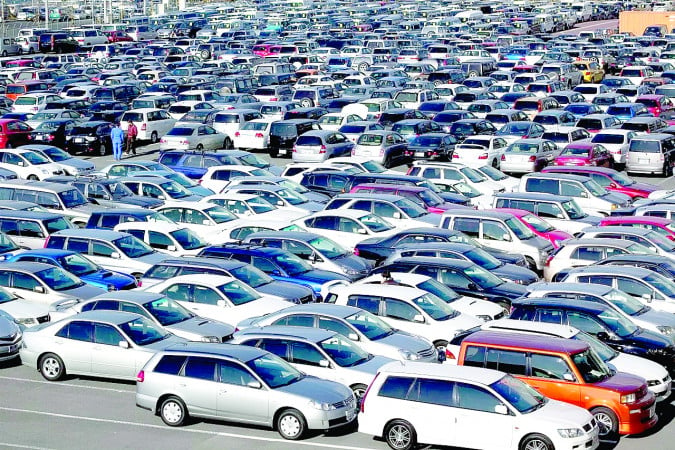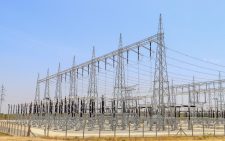Rough patch ahead for auto industry as June sales slump

The auto industry is showing the greatest signs of strain in as many months, amid a surprise decline in June car sales, with the service sector struggling to shake off inflationary burdens from the Russian invasion of Ukraine.
Latest statistics by the Kenya Motor Industry Association (KMIA), the sector’s lobbyist, show that only 779 vehicles were sold last month — the lowest sales in a single month in over three years.
By contrast, auto dealers sold 1,121 total units in a similar month last year, in what has been a careful ‘work in progress’ by car makers to adjust to consumers’ newly formed purchase patterns and priorities that were first stirred by the Covid-19 global pandemic.
Worst performance
Activities in the automobile market were expected to fend off such concerns following an impressive start to the year, but June returned the worst performance yet for the sector in what players see as the start of bad times for the industry.
“There has been a supply chain problem for several weeks now, and that could explain the low monthly sales in June. To tell you the truth, this is the beginning of a tough period for the sector as the month of July will be the same, while August will probably be the worst,” said Dinesh Kotecha, the Group CEO of Simba Corporation.
The surprise June slump, according to him, had also occasioned liquidity challenges, which have seen several banks drag their feet in extending favourable financing options to car buyers.
Typically, car dealers eye the months of March, July, September, and December to offer discounts in order to get sales across the line.
But such tendencies have been hindered as the country enters the final stretch of the election season, where uncontrolled political spending affects the money supply.
Cash circulation has been a major concern not only for car dealers but also for the business community, with election-related spending surprisingly low in this electioneering year.
Political effects
The mood by automakers is a 360-degree turn of thoughts after some dealers in May openly said they were less worried about the upcoming August 9 General Election — a period that is synonymous with low economic activities.
Arvinder Reel, the managing director of CFAO Automotive Kenya (formerly Toyota Kenya) offered market insights to ‘Business Hub’ in an interview last month.
He held that, for example, the increased demand for showroom vehicles, particularly the commercial class that includes trucks and pick-ups, which had been solid since January, would continue even after July.
For several months until now, figures from KMIA had indicated a steady market, which was widely backed by sector observers.
This was largely due to improved economic activities since the lifting of all movement restrictions by the government last July — a key decision that backed the improved performances seen in the first five months of this year.
The latest data further shows that overall sales in the six months to June hit 6,492, with the next two months believed to be the toughest period for the industry because of rising inflation and next month’s elections. The two will ultimately slow down economic growth.












